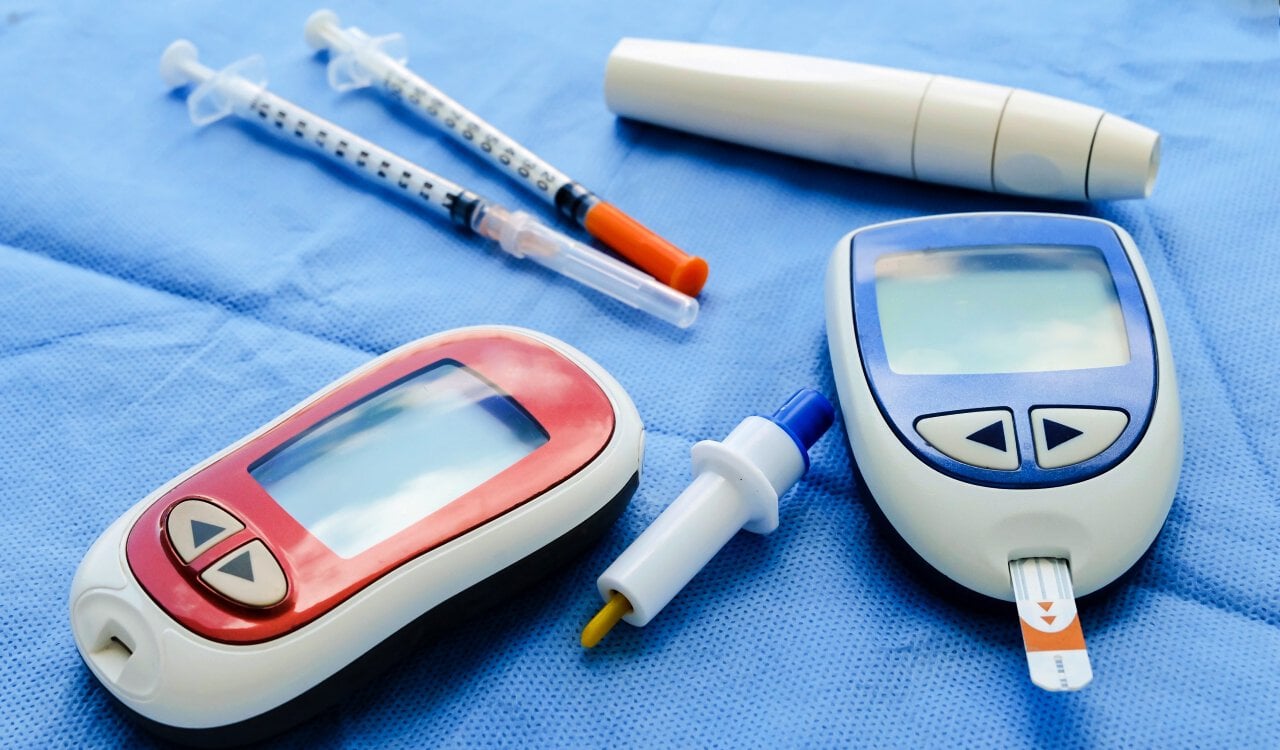There are many medical inventions we still use in the world today. Sometimes, the invention was used for something else before it became prominent in another field. Yet we also have some inventions that were made for purposes we never realized. Other things were invented for relatively strange reasons and aren’t really used today. At one point in history, inventions in the medical community were incredibly common. There was a period from the late 1700s to the mid-1900s when inventions came out left and right. This was due to new discoveries we were making during these time periods. As a result, if something was new or helpful, others tried to do a lot with it.
For example, the discovery of new elements that were then utilized in new medical inventions. Other stuff was relatively known, but we did not realize how problematic it was for the human body. Think of the poppy plant and its use as a notable painkiller. In fact, Bayer (the aspirin people) used the Asian Poppy Plant to develop Heroin. A medication one could use for pain or to suppress coughing. Heroin was regularly sold at pharmacies in the early 1900s in pill or liquid form. It would later be pulled, but at least this invention had an understandable purpose. Others? Not so much. We decided to discuss all of the medical inventions created for the strangest reasons. Some of these are absolutely incredible. Remember, most were invented for similar purposes because people had simple goals.

Insulin
- Creator(s): Frederick Banting & Charles Best
We should make a note that Insulin was discovered, not created. However, what makes it a medical invention, much less a strange one? It’s probably how and why it was truthfully. Back in 1921, Frederick Banting and Charles Best were trying to find a way to treat digestive disorders. That led them to isolate a key pancreatic extract from a dog, which turned out to be Insulin. They did not realize it at the time, but they discovered something that could be used to treat diabetes.

In early January 1922, a 14-year-old named Leonard Thompson became the first person to get an insulin injection as a treatment for diabetes. Sadly, Thompson’s first dose had an impurity that caused an allergic reaction. The team then formed a more refined version using a cow pancreas. Thompson’s second dosage came 12 days later, proving successful. Before this, anyone with Type 1 Diabetes wouldn’t last more than a few months, leading to several newborn deaths. The discovery and eventual creation of insulin as a diabetic treatment has now saved millions of lives.
